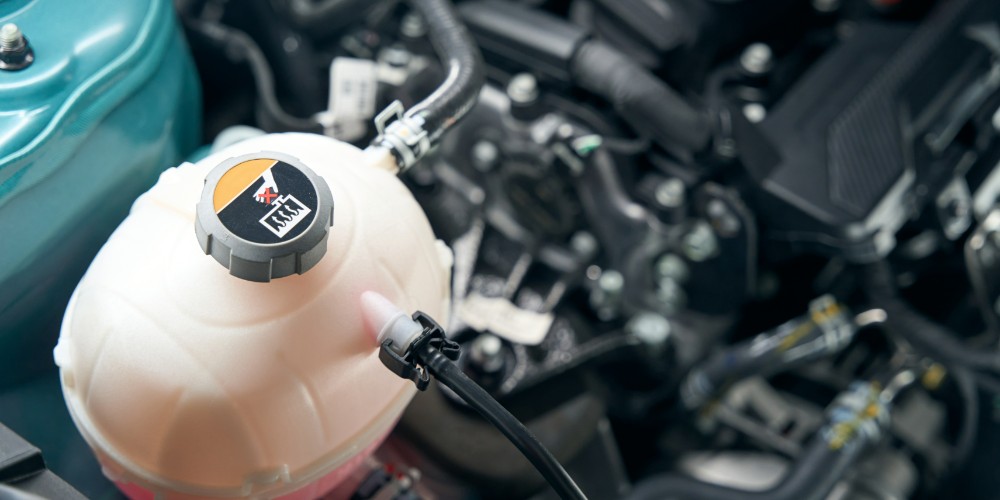Personal Contract Purchase (PCP) is a popular car finance option that allows you to spread the cost of a new car over a period of time. However, sometimes you may want to refinance your car for various reasons.
Understanding PCP Car Finance
Before we delve into the topic of refinancing a PCP car, it is important to understand how PCP car finance works. PCP is a type of car finance that allows you to pay a deposit, followed by a series of monthly payments. At the end of the agreement, you have the option to either return the car or make a balloon payment to own it outright. PCP agreements typically last between two and four years.
Can You Refinance A PCP Car?
Yes, it is possible to refinance a PCP car. Refinancing involves taking out a new loan to pay off the existing PCP agreement. This is typically done when the current PCP agreement has become unaffordable or when you want to reduce your monthly payments. Refinancing a PCP car is not always straightforward, but it can be a useful option for those looking to improve their financial situation.
Advantages Of Refinancing A PCP Car
There are several advantages to refinancing a PCP car. Firstly, it can help to reduce your monthly payments. This can be particularly useful if you are struggling to keep up with your current PCP agreement. By refinancing, you can extend the length of the agreement, which will reduce the amount you have to pay each month.
Secondly, refinancing can help to improve your credit score. If you have been struggling to keep up with your current PCP agreement, this can have a negative impact on your credit score. Refinancing can help to improve your credit score by demonstrating that you are able to make regular payments.
Disadvantages Of Refinancing A PCP Car
There are also some disadvantages to refinancing a PCP car. Firstly, you may end up paying more in the long run. This is because you will be extending the length of the agreement, which means you will be paying interest for a longer period of time. It is important to weigh up the potential savings on monthly payments against the total cost of the loan over its entire term.
Secondly, you may need to pay an early termination fee to end your current PCP agreement. This fee can be substantial, and it is important to factor it into your calculations when considering whether to refinance.
How To Refinance A PCP Car
If you decide to refinance your PCP car, there are several steps you will need to take. Firstly, you will need to find a lender who is willing to offer you a loan. This can be challenging if you have a poor credit score, as lenders may be unwilling to take on the risk.
Once you have found a lender, you will need to apply for the loan. This will involve providing information about your income and expenses, as well as details about the car you want to refinance. The lender will use this information to assess whether you are a suitable candidate for the loan.
If your application is successful, the lender will pay off your existing PCP agreement and take over ownership of the car. You will then make monthly payments to the new lender, typically over a longer period of time than your original PCP agreement.
Conclusion
Refinancing a PCP car can be a useful option for those looking to reduce their monthly payments or improve their credit score. However, it is important to weigh up the potential savings against the total cost of the loan over its entire term, as refinancing can end up costing you more in the long run. Additionally, it is important to factor in any early termination fees that may be associated with ending your current PCP agreement.





